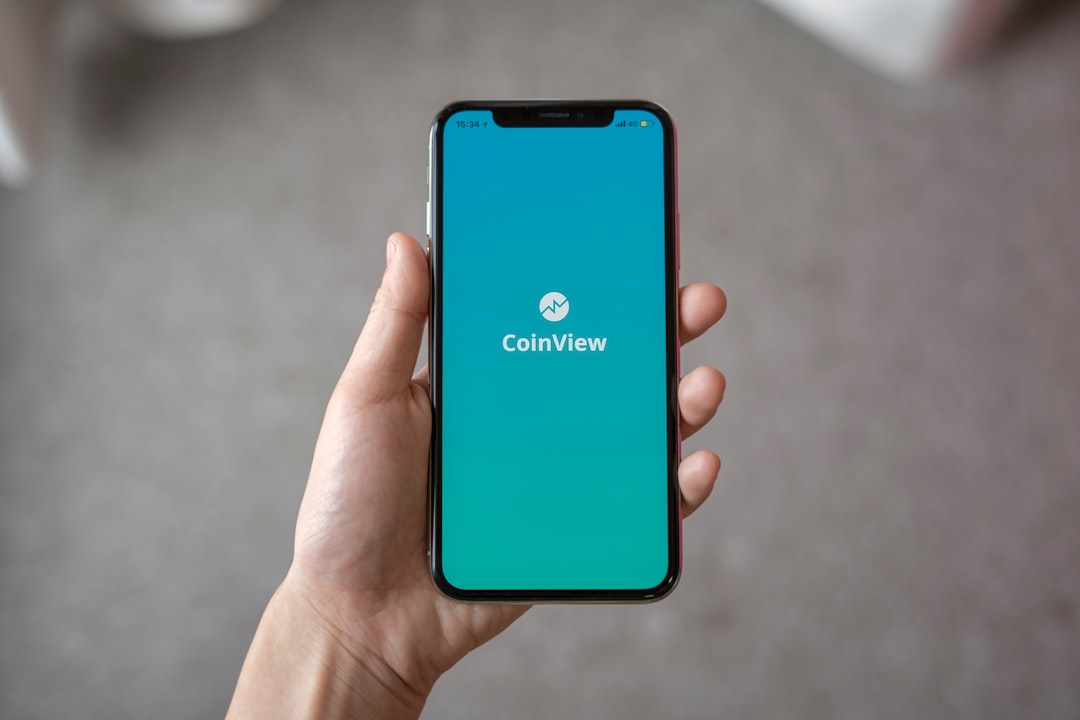In Washington State, both original creditors and debt collectors must adhere to strict regulations, including the "Do Not Call Law Firms" regulation, to protect consumers from unfair practices. This law prevents law firms from calling registered numbers for collection purposes, ensuring privacy and reducing unwanted calls. Original creditors have specific rights and responsibilities under the Washington Fair Debt Collection Practices Act (WFDCPA), emphasizing clear communication, validation of debt amounts, and avoiding harassment. Compliance with these regulations fosters a fair, transparent, and respectful debt collection environment, enhancing consumer trust and satisfaction.
In Washington state, understanding debt collection laws is crucial for both original creditors and consumers. This article navigates the intricate landscape of Washington’s debt collection regulations, focusing on rights and responsibilities for original creditors. We explore key protections for consumers under the state’s “Do Not Call” law firms provisions. Additionally, we delve into effective debt collection practices, ensuring compliance with local statutes, while fostering fair treatment for all parties involved. Discover how these laws shape the debt recovery process in Washington.
Understanding Washington's Debt Collection Laws

In the state of Washington, debt collection practices are regulated by a set of laws designed to protect consumers from aggressive or unfair tactics. Understanding these regulations is crucial for both original creditors and debt collectors alike. The primary piece of legislation to keep in mind is the Washington Collection Agency Act, which outlines the permitted methods and behaviors for debt collection agencies operating within the state.
One key aspect to remember is that while debt collectors can contact consumers about their obligations, they must adhere to strict guidelines. For instance, they are prohibited from making phone calls with recorded messages or engaging in persistent, harassing calls. Moreover, original creditors—those who initially extend credit—are also bound by rules, including the requirement to provide clear and accurate information regarding the debt. Knowing and following these Washington debt collection laws can help ensure a fair and transparent process for all parties involved.
Original Creditors' Rights and Responsibilities

In Washington state, original creditors—those who initially extend credit or loans to consumers—enjoy certain rights and responsibilities regarding debt collection. These rights are primarily governed by the Washington Fair Debt Collection Practices Act (WFDCPA), which mirrors federal guidelines under the Fair Debt Collection Practices Act (FDCPA). Original creditors must comply with these laws to ensure ethical and legal debt collection practices. They have the right to verify the amount of the debt, obtain validation from the debt collector, and request additional information about the debt’s origin and status.
Moreover, original creditors can take active measures to manage and collect debts effectively without resorting to harassment or unfair tactics. This includes providing clear communication, offering payment plans, and working with debtors to resolve outstanding balances. By adhering to these guidelines, original creditors can maintain a professional relationship with their customers while ensuring compliance with Washington’s robust consumer protection laws, thereby avoiding any legal repercussions, especially when avoiding the need to Do Not call law firms in Washington.
Do Not Call Law Firms: A Key Protection for Consumers

In Washington state, consumers have a crucial protection against aggressive debt collection practices thanks to the Do Not Call Law Firms regulation. This law, designed to safeguard individuals from unwanted and harassing phone calls, prohibits law firms from making certain types of telemarketing or debt collection calls to consumers who have registered their numbers on the “Do Not Call” list. The Washington Department of Licensing oversees this list, ensuring that registered numbers are respected and protected.
By adhering to these regulations, original creditors and their representing law firms can foster a more harmonious relationship with debtors. This not only promotes fair debt collection practices but also enhances consumer trust and satisfaction. For those looking to understand their rights under Washington’s Do Not Call Law Firms regulation, seeking legal counsel is advisable to ensure compliance and avoid potential missteps in the debt collection process.
Effective Debt Collection Practices in Washington State

In Washington State, debt collection practices are governed by a set of laws designed to protect consumers from aggressive or unfair tactics. Original creditors and debt collectors alike must adhere to these regulations to ensure effective and legal debt recovery processes. One key law is the Do Not Call law, which prohibits debt collectors from making phone calls to consumers at inconvenient times or places without prior consent, including calling law firms for collection purposes. This law promotes respect for personal privacy and provides some respite from persistent debt collector calls.
Additionally, Washington has established time frames for debt collection, setting limits on how long creditors can attempt to collect a debt before certain actions must be taken. These laws ensure that debt collectors maintain professional standards and employ ethical practices. By understanding and complying with these regulations, original creditors can effectively manage their debt collection efforts while respecting the rights of Washington consumers.






